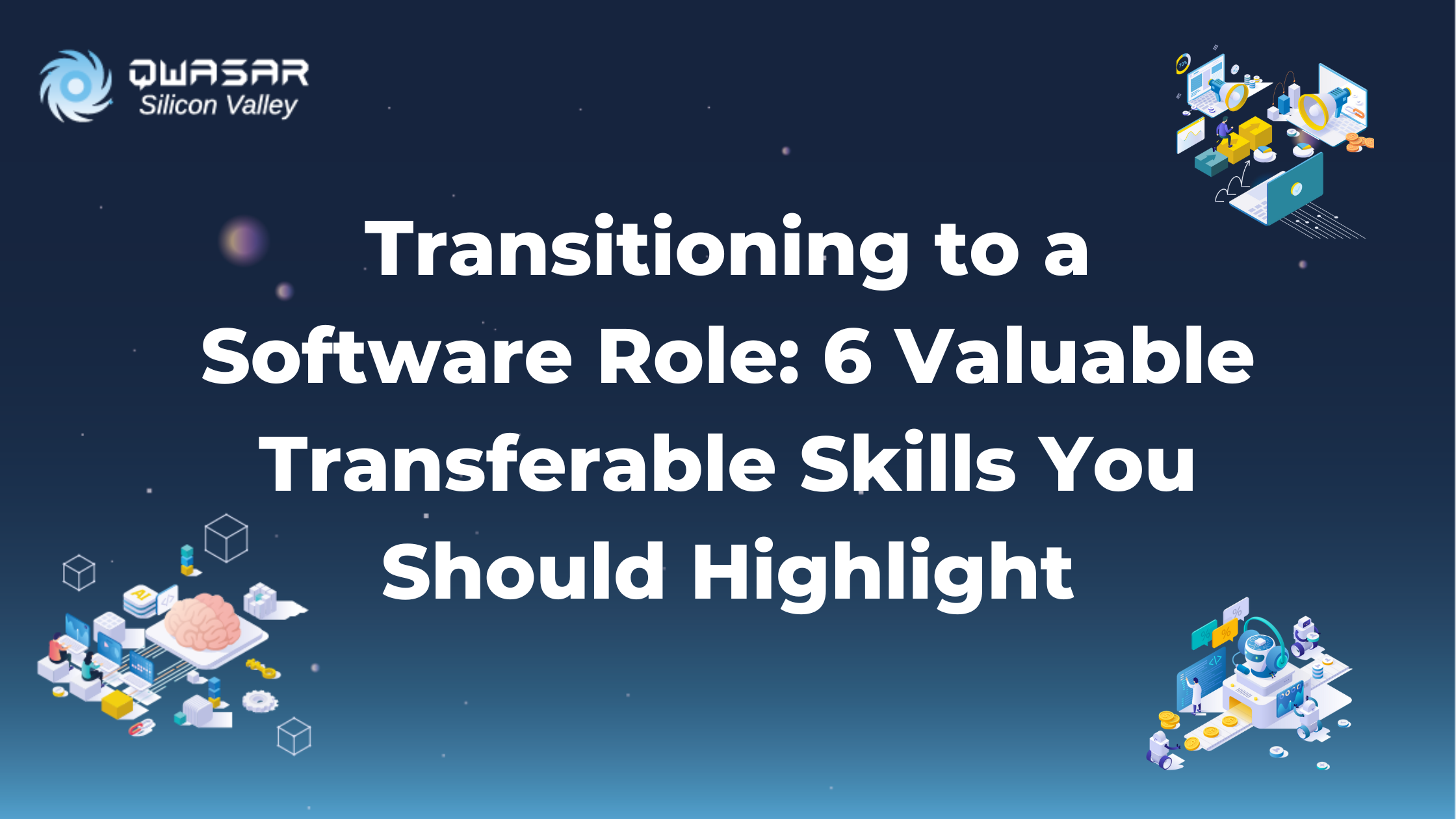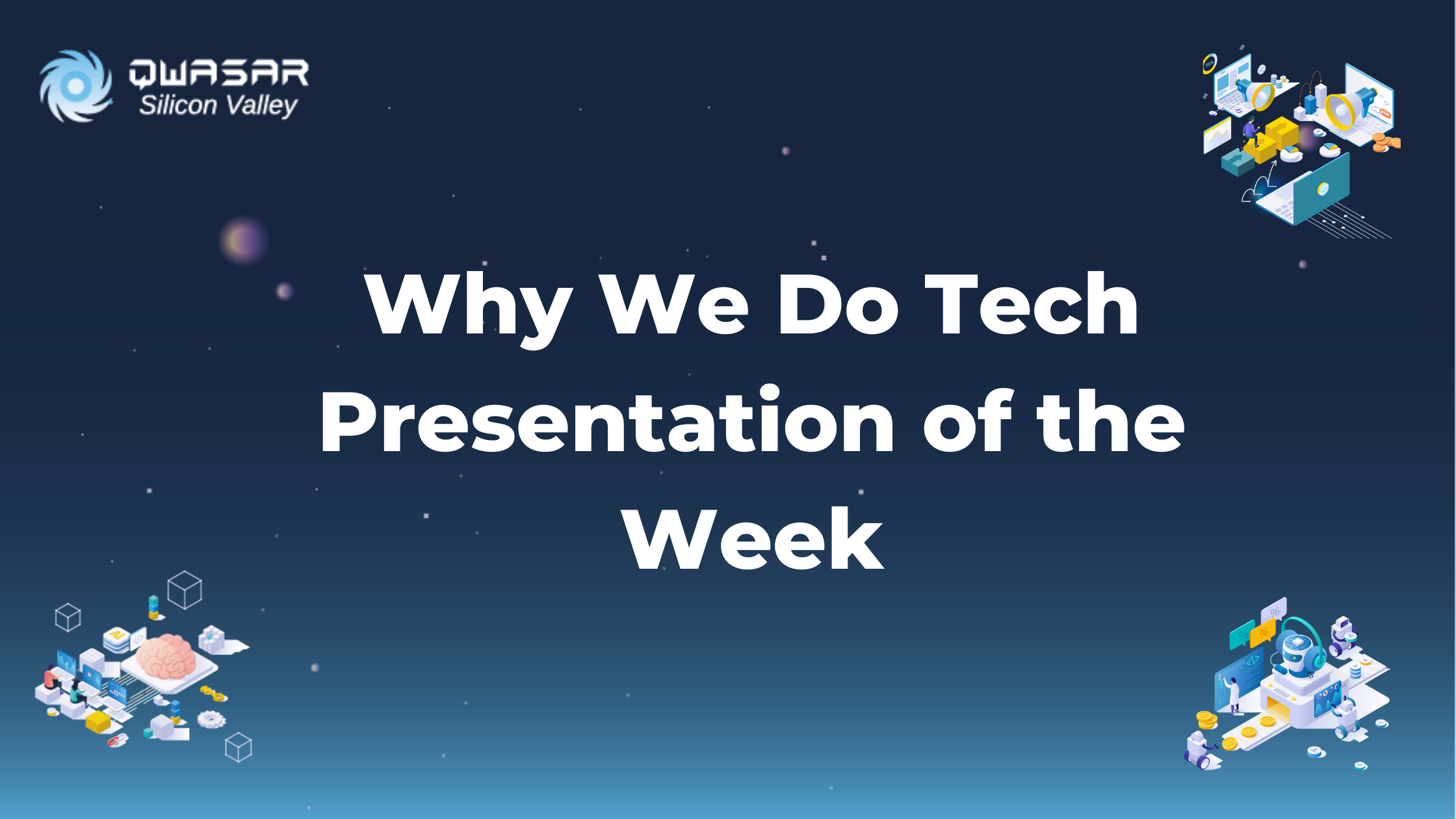The tech industry is a dynamic and rapidly evolving field, offering a vast array of opportunities across numerous specializations. From user-focused front-end development to the complex algorithms of machine learning, each path presents unique challenges and rewards. With so many options available, it is crucial for aspiring tech professionals to choose a specialization that aligns with their skills, interests, and career goals.
Selecting the right specialization is essential for a fulfilling and successful career in tech. You need to focus on 3 things:
- Choosing your general area of software development
- Choosing your specialty within your area (which ties with #3)
- Choosing which industry you want to work in
These choices are naturally interrelated, so it’s important to research and explore what you want to do as you choose your specialization.







.png)

.png)
